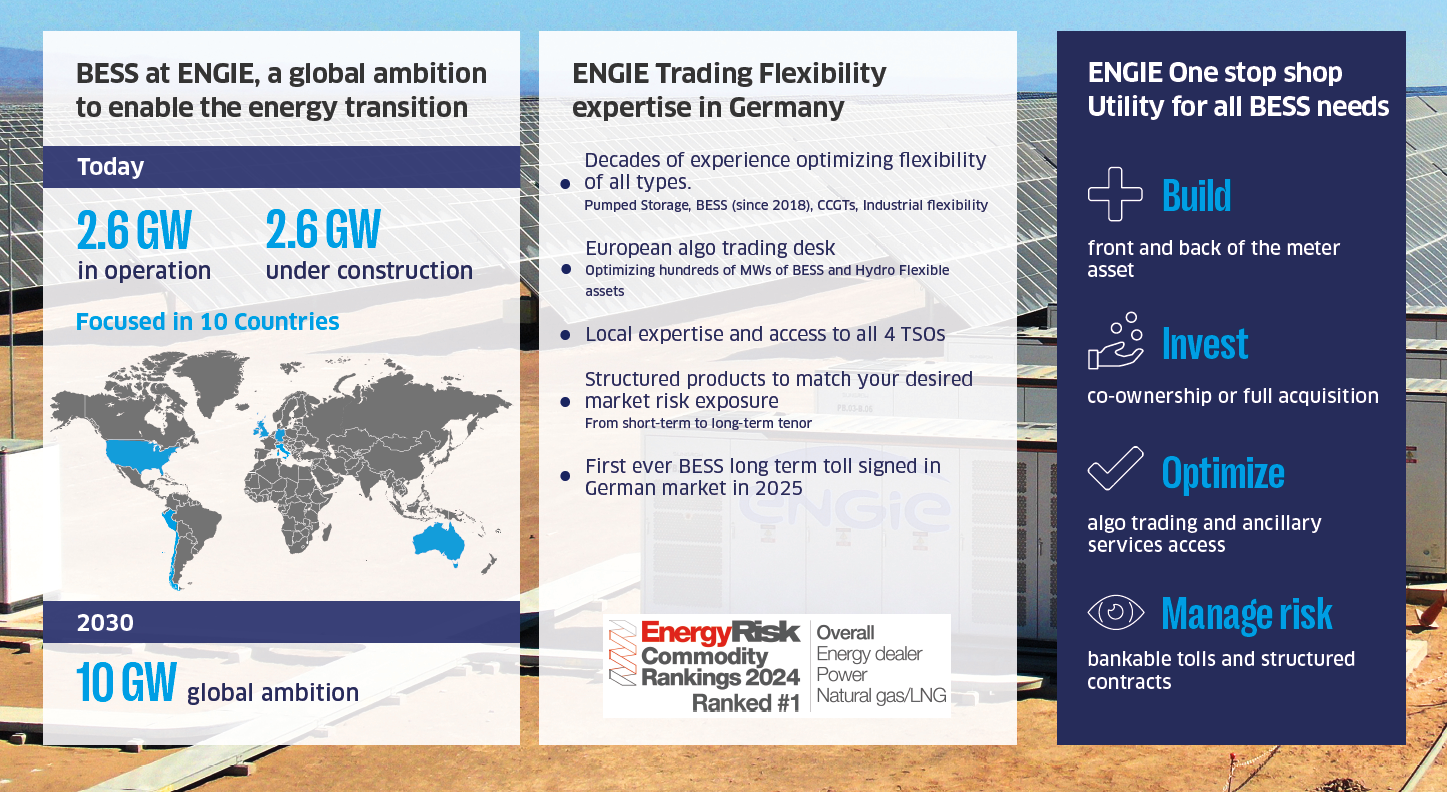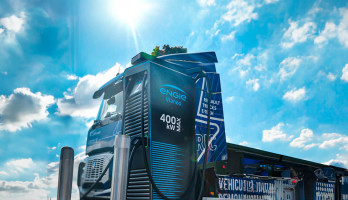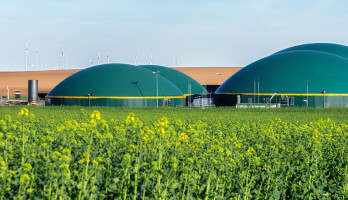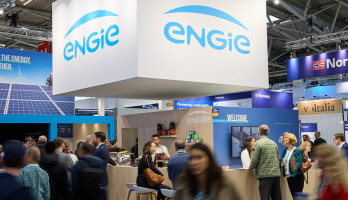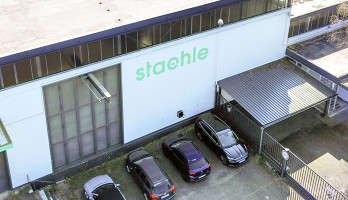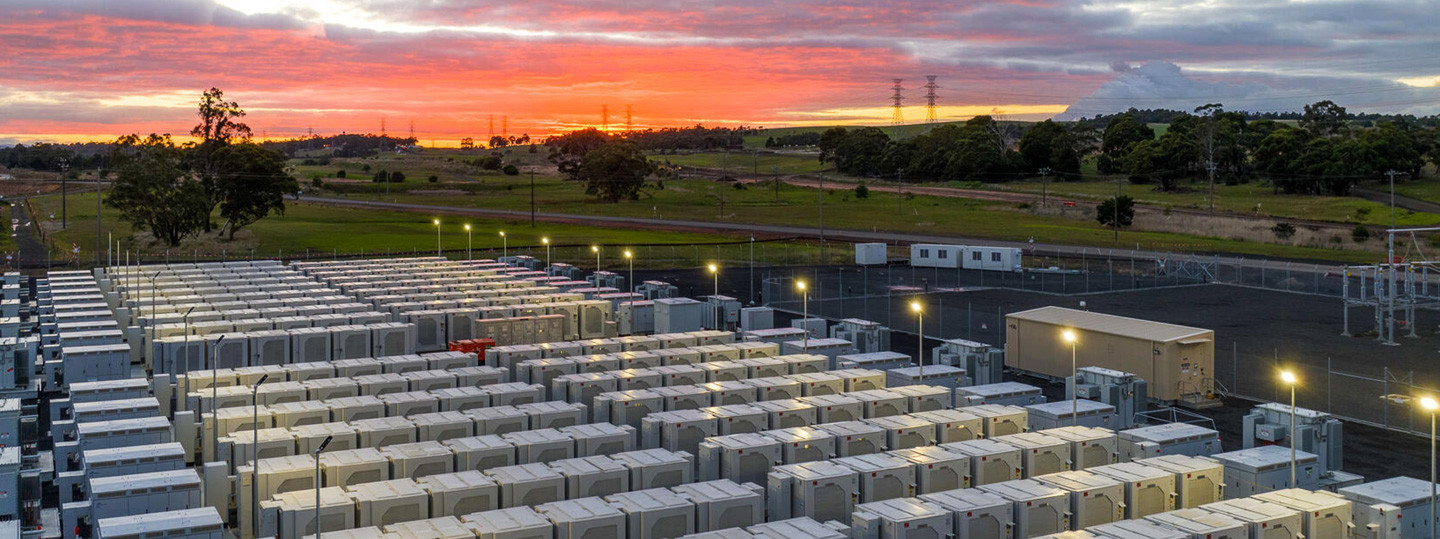
BESS in Germany: Booming success with a built-in ceiling?
Battery energy storage systems (BESS) are experiencing a remarkable upswing in Germany - and quite rightly so. They offer one of the key need that an energy system increasingly characterised by renewable energies needs: short term Flexibility. At the same time, they are becoming a new, promising asset class for investors. However, like for any asset classes, market success is not guaranteed and can be complex - especially when it comes to the question of how risks can be managed.
Martin Daronnat, Head of Flexibility & Structured Origination at ENGIE Germany, puts it in a nutshell: "Risks never disappear - either someone takes them on for you or you bear them completely yourself."
This perspective is central: BESS are not only technically sophisticated, they are also complex in terms of exposure to energy markets risks, which need to be properly manage as BESS are precisely the leverage which will drive the success – or failure – of the sustainable future we all hope for.
Flexibility as the backbone of the energy transition
Germany is pursuing ambitious goals: By 2030, up to 300 GW of renewable electricity generation is to be installed - with peak consumption of around 80 GW. This imbalance requires a balance at all times between supply and demand. BESS provide this balance - by temporarily storing surplus energy and releasing it when needed, but also by their ability to react fast to potential grid issues.
BESS are primarily making theirrevenues on:
- System services for grid stabilisation
- Arbitrage transactions on the electricity market (day ahead, intraday)
Investors and project developers recognise growing potential here - but this is based on a volatile market environment.
Technical risk under control, but what about market risks ?
The good news is that technological risks can be managed well today. Guarantees, standardised construction methods and insurance make BESS in Germany more predictable in this respect than it was just a few years ago.
The greater challenge lies in market risk - i.e. fluctuating prices levels and shape, lower liquidity and changing revenue sources. A good example of that is the recently very lucrative markets for ancillary services, which are comparatively small and could become oversaturated in the medium term. Revenue will then shrink - while operating costs remain the same. Same goes if extreme prices levels are less frequent due to more BESS on the grid.
Volatility alone is not enough
It is true that BESS benefit from price volatility. However, this sentence falls short of the mark. Several influencing factors are decisive:
- the general price level in the market,
- the structure of the price signals (e.g. typical daily profiles),
- market liquidity, i.e. the realisability of arbitrage ideas,
- and the reliability of the system services markets.
Anyone making forecasts based on the recent boom phase runs the risk of over-optimistic planning. This has already been seen in the UK, where BESS revenues have in some cases halved within a year. There is no reason why such trends would not happen in Germany over time.
Two roles - two strategies: optimiser vs. trader
One aspect that is often underestimated is the choice of the right marketing model. There are two main groups of players here:
- Optimisers actively control battery storage systems based on market signals. They offer full transparency - but no hedging. The market risk lies entirely with the investor.
- Traders, on the other hand, offer contracts such as fixed price flexibility purchase agreements (FPAs) or structured products.They actively assume market risks and thus create predictable income - for a surcharge that reflects the risk.
The clever solution can also lie in a mix of both models: portfolios can be hedged on a pro rata basis and operated on a pro rata market-led basis. Even individual investments can be split virtually - e.g. with a fixed portion and a variable market share.
ENGIE as a strategic partner for flexibility
ENGIE Supply & Energy Management Deutschland offers customised marketing and hedging models for investors, municipal utilities and developers. With more than 5 GW of renewable plants and over 250 MW of flexible assets under management, we have in-depth experience.
ENGIE - Your partner for BESS in Germany and worldwide
One milestone was the first long-term physical BESS-FPA in Germany in 2024 - a clear signal for the bankability of this technology, even without government subsidies.
We support BESS projects in Germany via:
- Structured trading products
- Risk management solutions
- Individual portfolio strategies
Our goal: to combine technological strength with economic stability.
BESS in Germany: Investing successfully means actively managing risks
BESS are undoubtedly a market of the future in Germany. However, economic success depends not only on the technology, but also on strategic risk management. Anyone investing should know whether - and how - risks are hedged. Optimistic scenarios alone are not enough.
The energy transition needs storage. And it needs players who understand it - both technically and strategically.
Our Expert

